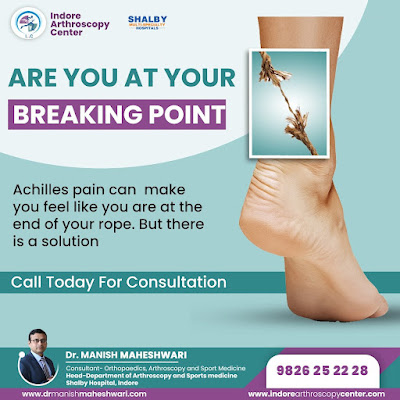Exploring the Link between Celiac Disease and Osteoporosis
Osteoporosis is a complication of untreated celiac disease or we can say osteoporosis occurs due to malabsorption of Calcium and Vitamin D in people with celiac disease. The small intestine is responsible for the absorption of important nutrition including calcium, vitamin D and phosphorus that are vital for building and maintaining healthy bones. Celiac disease is an autoimmune and inflammatory small bowel disease, which improves the body's ability to absorb nutrition from food or in easy language, we can say celiac disease is an inheriting digestive disorder that causes damage to the small intestine. Mainly, it includes deficiency of calcium and vitamin D that affects bone and can complicatedly lead to osteoporosis. People with untreated celiac disease have symptoms like low bone density, leads to porous bone or the bone gets really fragile. This symptom is common for both children and adults having celiac conditions. Hence, treating celiac disease and also low bone density is important to prevent premature bone fracture. In children, untreated celiac disease also causes weight loss and anemic condition with basic symptoms like bloating, diarrhea, stomach ache, indigestion and constipation, etc. As we all know osteoporosis causes bone to be weak and brittle and more prone to get fractured; this is a complication of celiac disease. Research has proven that untreated celiac disease can affect your bone mass and newly diagnosed celiac disease may cause low bone density. Osteoporosis is a silent disease, without showing any symptoms, it gradually affects your bone mass, because of it bone mineral density decreases causing thin and weakened bones that are very prone to get fractured. Osteoporosis is usually revealed when fractures occur, and may be the only indication that one has celiac disease. Symptoms may vary according to the patient.
The association between celiac disease and osteoporosis is so strong that doctors recommend that every person who develops osteoporosis, particularly at a young age, to be tested for celiac disease. This helps to determine whether malabsorption is caused by loss of bone density.
Management of celiac disease and osteoporosis is important timely to avoid complications that can even affect your mobility. Fortunately, avoiding gluten containing foods from your diet can help manage celiac disease. The small intestine gradually regains its ability to absorb minerals. A few management tricks to avoid bone porousness include starting getting adequate calcium and vitamin D supplements to enhance bone density and mineralisation. Try to intake calcium-rich foods like milk and milk products, egg yolks, fatty fish etc. Engage yourself in regular exercises. Weight bearing exercises and resistance exercises enhance your bone strength. Quit smoking and alcohol consumption. Try to monitor bone density by frequent testing of bone density. These are some common ways to manage celiac condition and avoid complications like osteoporosis. Follow these preventive strategies to enhance your healthy living.
Dr Manish Maheshwari is one of the best orthopedic doctor and Sports medicine orthopedic surgeon in Indore. He provides all orthopedic surgeries at his clinic at Indore Arthroscopy Center. If you are planning for arthroscopic knee surgery with the best arthroscopy surgeon in Indore, then visit at Indore Arthroscopy Center. Call now us for appointment 9826252228 and more information
Please go visit our social media :
Facebook :- https://www.facebook.com/Indorearthroscopycenter/
Please do follow on Instagram
Instagram :- https://www.instagram.com/indorearthroscopycenterindore/
To More Post :- Know how to Understand Hairline Fractures and How to Get Relief?


Comments
Post a Comment